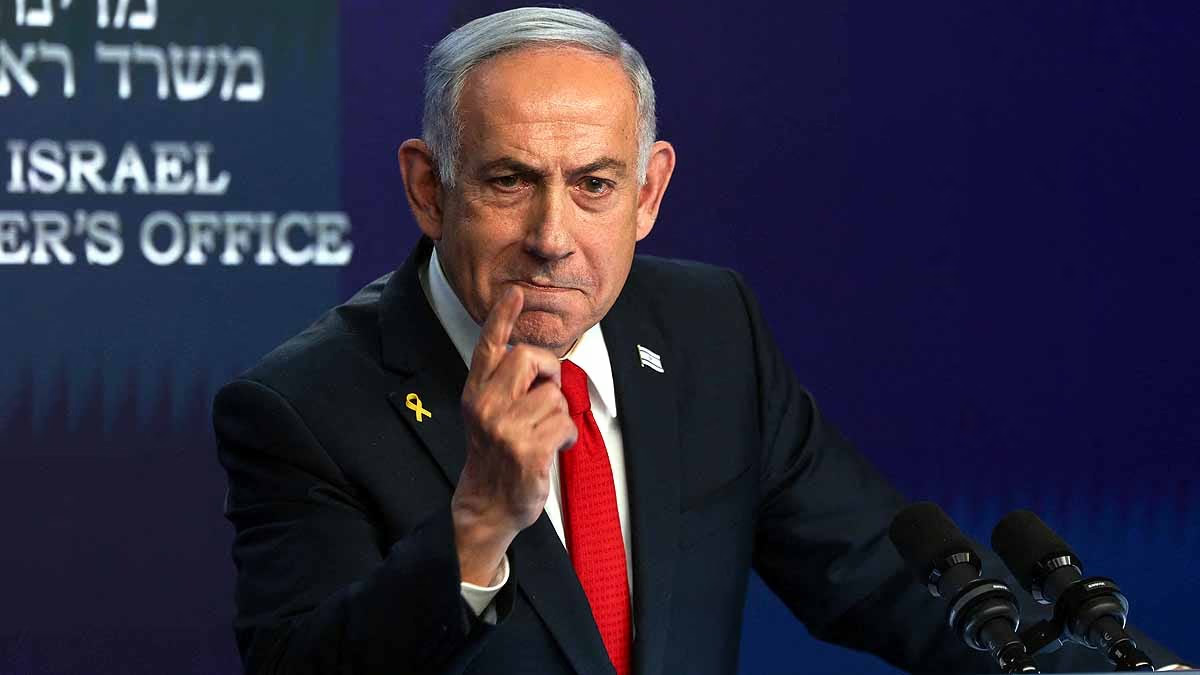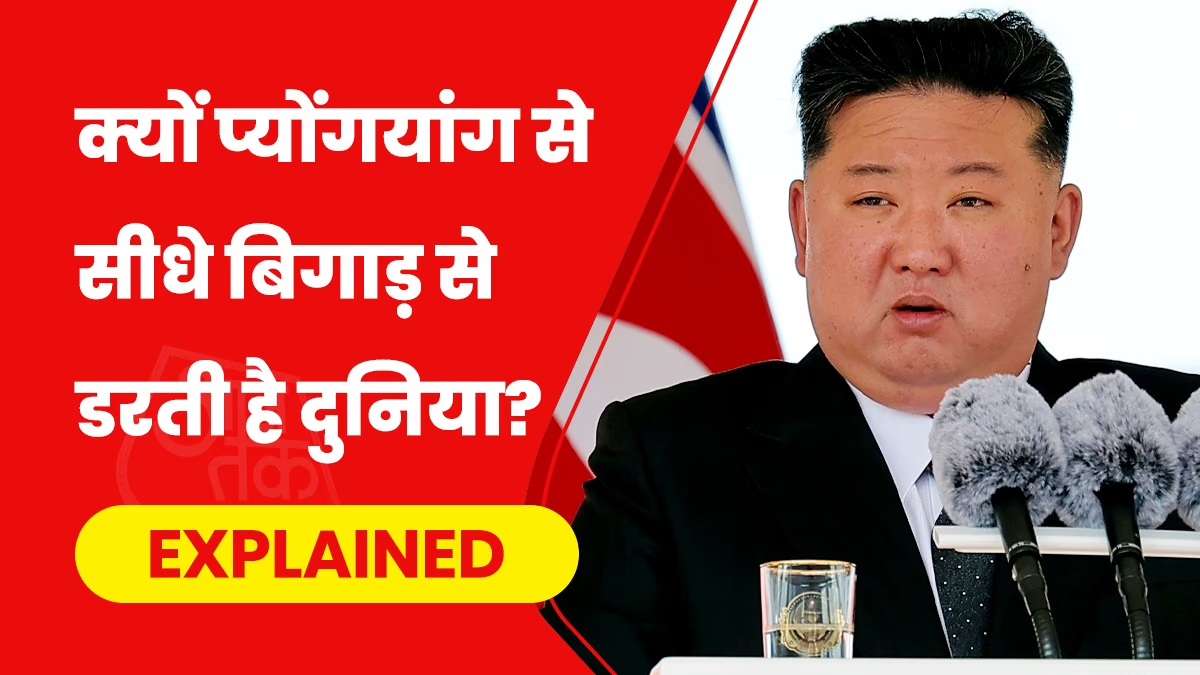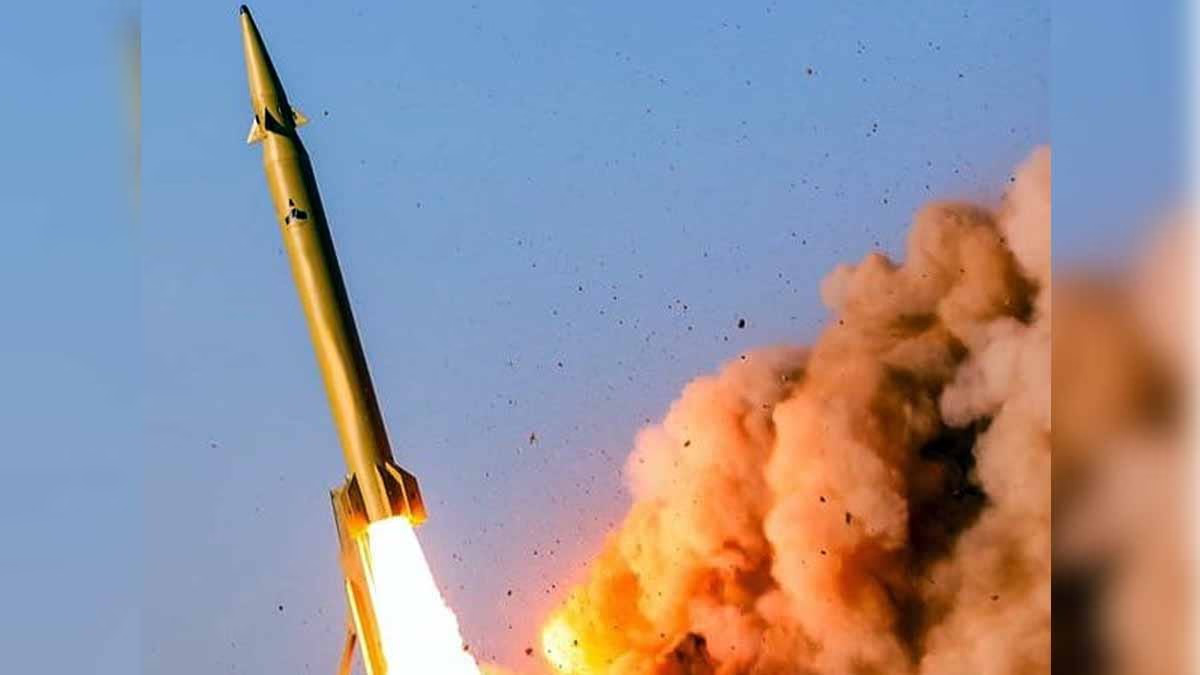On June 13, 2025, Israel launched a massive airstrike on Iran's military bases, nuclear facilities, and oil-gas plants. Dubbed "Operation Rising Lion," this assault involved over 200 fighter jets. The strikes killed four senior military commanders, six nuclear scientists, and 78 civilians in Iran. Experts believe Israel cleverly timed the attack so that Iran's main allies, especially Russia, could not assist. Other allied countries are hesitant to intervene.
Why Did Israel Choose This Moment?
Israel initiated its attack on Iran at a time when its ally countries are preoccupied with their problems. This strategic timing gives Israel an advantage on both military and diplomatic fronts. The key reasons are as follows...
Russia's Weak Position
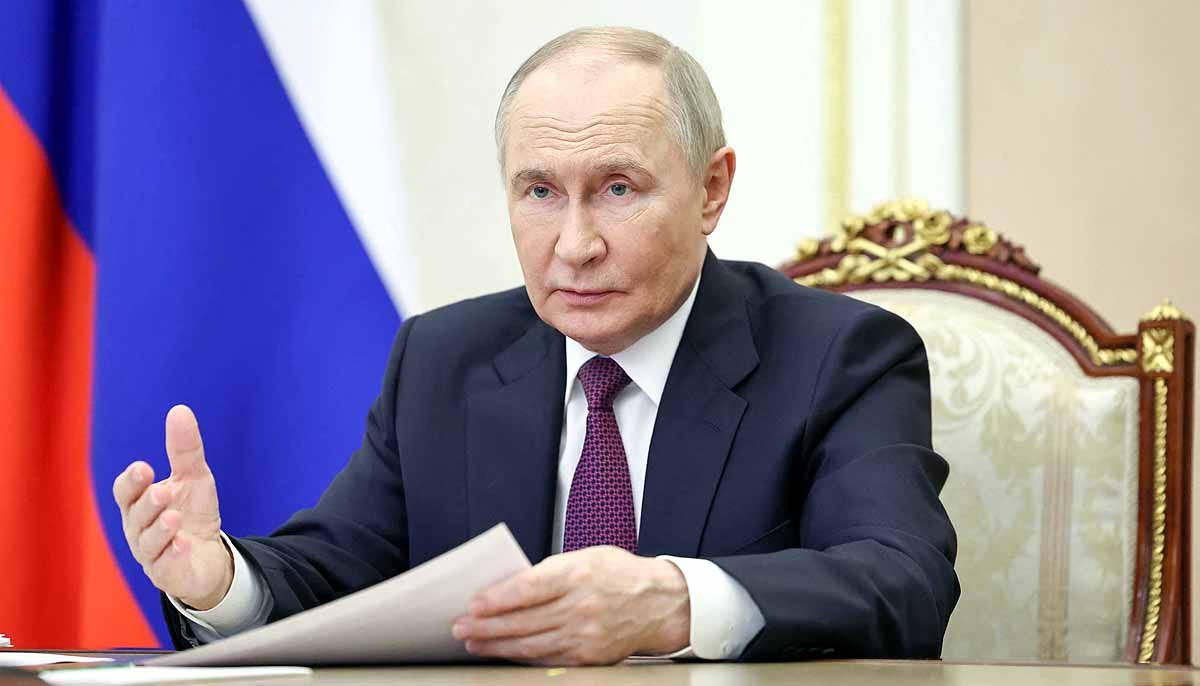
Source: aajtak
Russia, Iran's primary military ally, is heavily entangled in the Ukraine war. This conflict, ongoing since 2022, has drained Russia's military and economic power. Even though Russia provided Iran with air defense systems like the S-300 and S-400, it can neither send additional weapons nor provide military assistance.
The war has severely impacted Russia's military and its economy is struggling with Western sanctions. Under these circumstances, offering military support to Iran is challenging for Russia. Iran had supplied drones and missiles to Russia, but Russia's current situation prevents any reciprocal assistance.
China's Neutral Stance
China, as Iran's largest trading partner, buys its oil but has chosen to remain neutral in this conflict. China also engages in trade with Israel and Arab nations, thus avoiding taking a definitive side with Iran.
China's economy faces slowdown in 2025, and it aims to prevent a spike in global oil prices that could result from escalating conflict. Hence, it provides Iran only with diplomatic, not military, support.
Arab Nations' Distance
Historically, Saudi Arabia, the UAE and other Gulf countries have had tense relations with Iran. In 2023, Saudi Arabia and Iran attempted to reconcile through Chinese mediation, yet these countries refrain from openly siding against Israel.
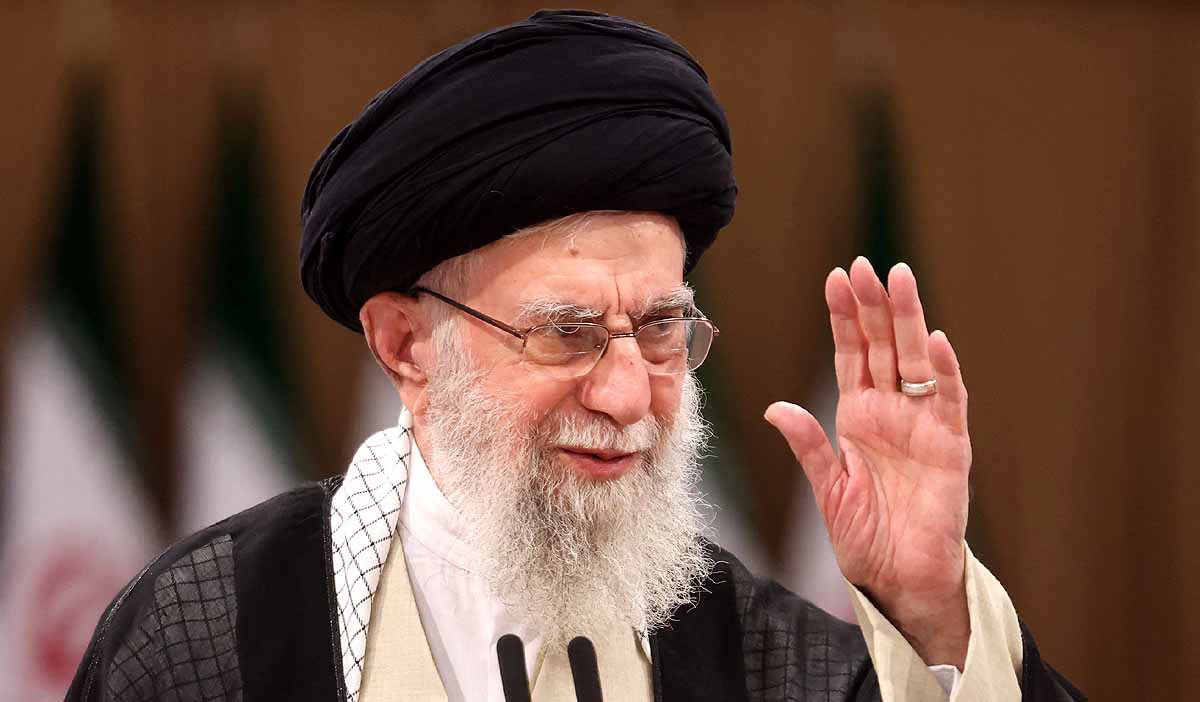
Source: aajtak
Since the Abraham Accords in 2020, Saudi Arabia and the UAE have expanded trade and diplomatic ties with Israel. Concerned about Iran's nuclear program, they maintain neutrality in this conflict, focusing on increasing oil production to stabilize global prices. They avoid getting entangled in warfare which might endanger their economies.
Support from America and Western Nations
Israel enjoys robust backing from the USA, UK, and France. The US has supplied Israel with F-35 planes, bombs, and missiles. The USS Gerald Ford is stationed in the Eastern Mediterranean, providing Israel security. The US imposed fresh sanctions on Iran, reducing its oil sales and arms purchasing power.
Iran's Internal Weakness
Iran struggles with its economy due to US sanctions, inflation, and unemployment. The Iranian Rial has depreciated, leading to increased public discontent. The Iranian military faces a shortage of arms and spare parts. Most of its fighter jets are outdated, with limited air defense. Iran-backed groups like Hamas and Hezbollah are already engaged in warfare with Israel, splitting Iran's military focus. This cripples its military capability.
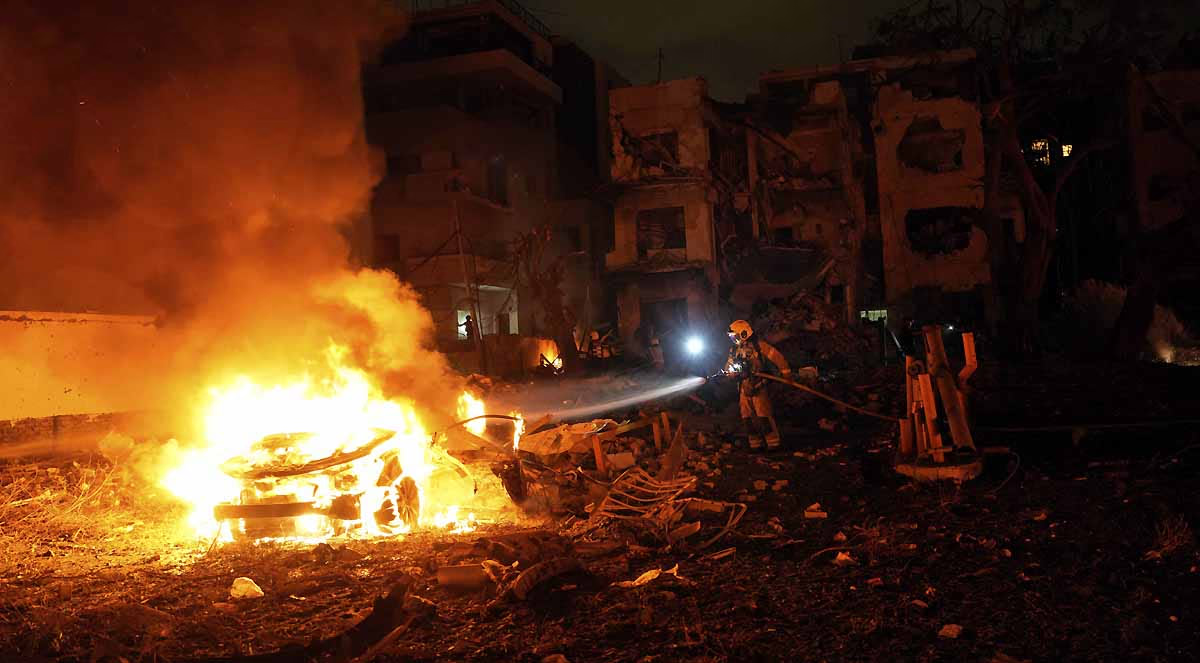
Source: aajtak
Israel's Strategy
For a long time, Israel meticulously planned this operation, executing the following strategies...
Utilization of F-35s: Israel deployed its state-of-the-art F-35I "Adir" jets capable of evading radar. These aircraft can execute precision attacks on Iranian targets.
Precise Timing: Israel launched the attack when Russia and other allies were unable to assist Iran, a period when Iran was at its weakest.
Targeting Nuclear and Oil Sites: Israel struck Iran's nuclear facilities (Natanz, Fordow) and oil-gas installations (Kharg Island, Abadan), jolting Iran's economy and nuclear ambitions.
Intelligence Insight: The Mossad intelligence agency gathered precise information, identifying exact locations of Iranian scientists and military sites.
Iran's Reaction
In retaliation, Iran launched over 100 ballistic missiles and drones targeting Tel Aviv, Jerusalem, and the Dimona nuclear reactor. However, Israel's Iron Dome and David's Sling defense systems intercepted most of these missiles. Iran claimed to have downed two F-35 jets and captured a female pilot, which Israel dismissed as false.
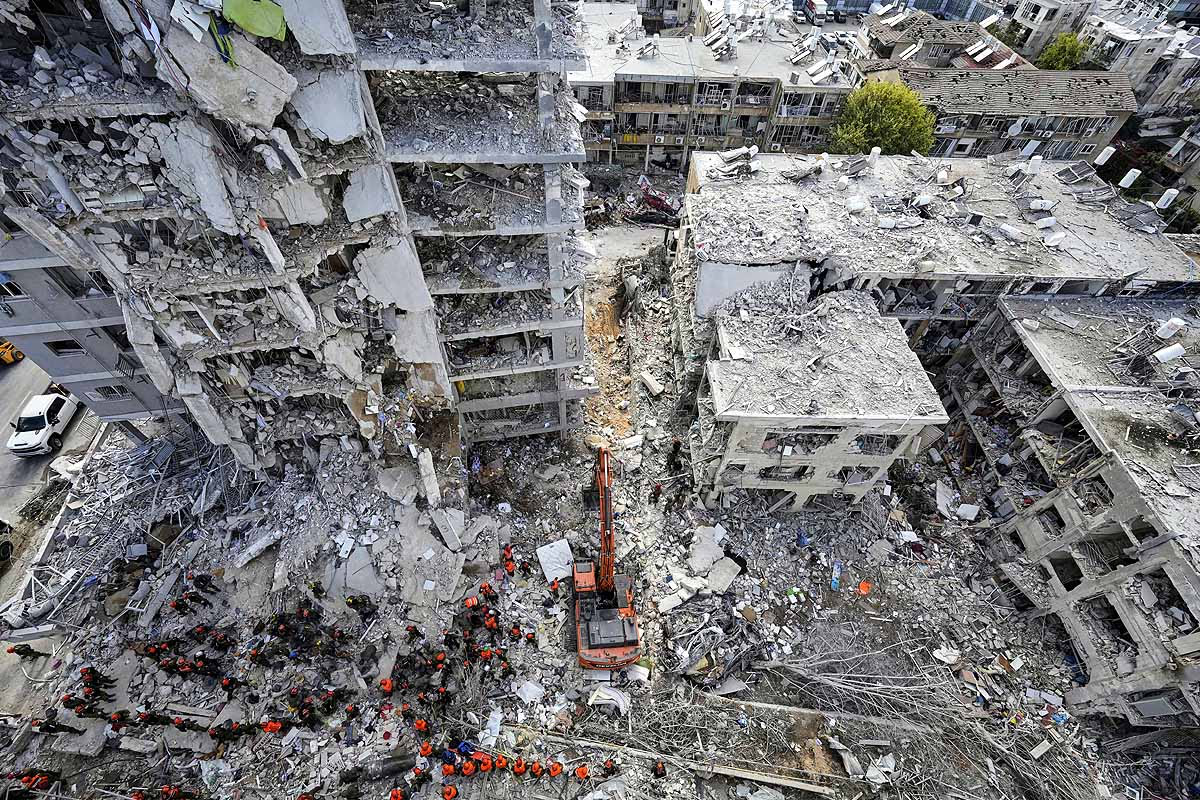
Source: aajtak
Impact on India
This war could significantly affect India...
Oil Prices:
India imports 85% of its oil, 60% of which comes via the Strait of Hormuz. Post-attack, oil prices surged past $75 per barrel. If the war escalates, prices could exceed $100, making petrol and diesel expensive in India.
Trade:
India's trade with Israel (worth $10.7 billion) and Iran ($2.33 billion) might suffer. Disruptions in the Red Sea and Suez Canal raise export costs by 40-50%.
Diplomacy:
India has urged both nations for peace. Foreign Minister S. Jaishankar emphasized India's desire for regional stability.
Global Response
USA: President Joe Biden backed Israel but advised against escalating the war.
Russia: President Vladimir Putin condemned Israel but avoided military aid commitments.
United Nations: Secretary-General António Guterres urged both nations to exercise restraint.
Saudi Arabia and UAE: These countries chose to remain neutral.
